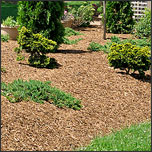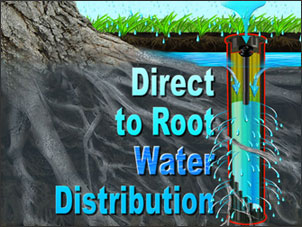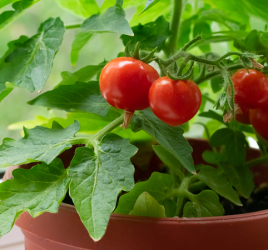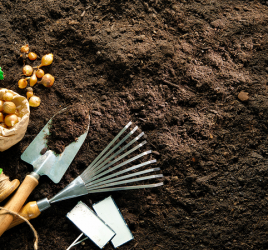How to Choose the Right Mulch for Your Landscaping – Part 2

Are you trying to decide what type of mulch is best for your landscape?
Designing your landscape can be very exciting from picking out trees and stones, to selecting flowers and of course, mulch. Mulch is becoming more and more prominent. So how do you know what type of mulch is right for your landscape? The best place to start is the know-how. On Monday, we talked about two types of mulch, inorganic and organic. Understanding the different types of mulch is only the beginning.
Cornell University defines the ideal mulch as economical, available without difficulty, easily applied and removed, free of disease, insects and noxious weeds. The purpose of mulch is to conserve water, suppress weeds and moderate soil temperatures. When picking your mulch, you want to pick a mulch that is going to provide as many as ideals as possible.
Another consideration that needs to be taken into account is whether you need summer or winter mulch. It is best to apply summer mulches when the soil begins to warm, like in the spring. The summer mulch’s role is to warm the soil, retain soil moisture and reduce weed growth (those key purposes we talked about earlier). Winter mulches, on the other hand, are typically applied in the late fall. Their purpose is to keep the soil evenly cooled throughout the winter and is primarily used for insulation for woody plants. Shredded leaves, pine needles and straw are all great examples of winter mulches.
Now we have the summer, winter, inorganic and organic mulches covered. We know the types, so what is the best one? We are sorry to say that there is not one perfect answer, but we will try to get as close as possible.
Cornell University breaks mulch down into the following:
- “Black plastic, which warms the soil in spring, also heats the soil in summer, possibly to levels that are lethal to plants.
- Straw, shredded leaves, pine needles, and wood chips are effective insulating blankets in winter, but they slow soil warming if left on in the spring.
- Although black plastic effectively prevents the evaporation of water from the soil, it also blocks the entrance of water into the soil.
- Mineral or synthetic mulches do not contribute beneficial organic matter to the soil, but some organic mulches may contribute weed seeds and diseases to a site.”

Rootwell direct to root water distribution
No matter what type of mulch you choose, make sure that you do not forget your Rootwells. The benefits of using Rootwell is that it will bypass all the mulch and soil layers delivering the water to where it is needed, the root zone. By delivering water to the root zone, the roots will grow allowing your tree or shrubbery to receive the water, nutrients and oxygen needed for it flourish no matter the mulch.



